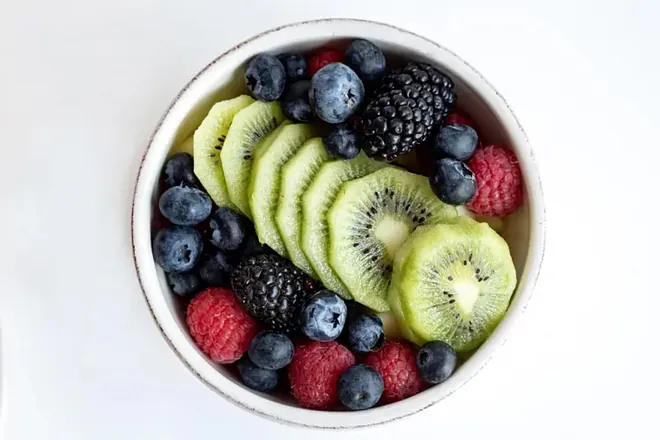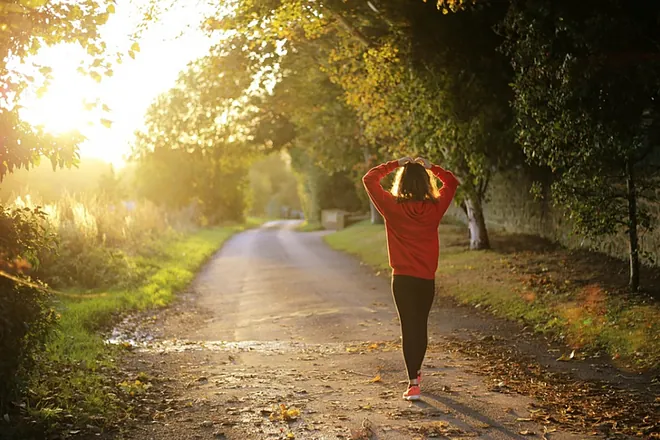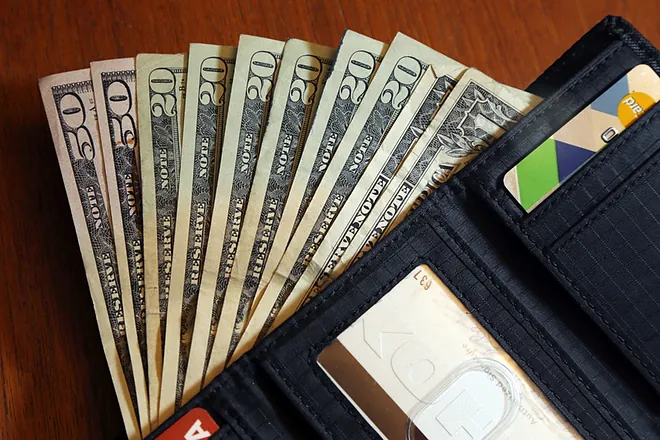Fruit is one of the cornerstones of a healthy diet, providing vitamins, minerals, antioxidants, and natural sugars that support overall well-being. Yet, many people unknowingly reduce the benefits of their fresh produce by storing it incorrectly. Placing all fruit directly into the refrigerator is one of the most common storage mistakes, and it can strip fruit of nutrients, flavor, and texture.

While cold temperatures extend shelf life for some varieties, not every fruit responds well to refrigeration. Understanding which fruits need room temperature to ripen and which tolerate the fridge is essential for preserving maximum nutritional quality and ensuring every bite tastes as fresh as possible.
Why Refrigeration Isn’t Always Best
The refrigerator is often treated as a universal storage solution, but fruit is a living food that continues to ripen after harvest. The ripening process involves enzymatic and chemical changes that enhance sweetness, color, aroma, and nutrient levels.
- Cold halts ripening: Putting unripe fruit in the fridge stops or slows these natural processes.
- Loss of antioxidants and vitamins: Many nutrients, such as vitamin C and certain antioxidants, peak during ripening. Interrupting this phase means the fruit never reaches its full nutritional potential.
- Flavor changes: Refrigeration can cause cell damage in some fruits, leading to dull taste, mushy texture, or a floury mouthfeel.
In other words, the fridge acts like a pause button. That’s helpful for ripe fruit you want to keep fresh for a few days, but harmful when used too early.
Fruits That Shouldn’t Go in the Fridge (Until Ripe)
1. Bananas
- What happens in the fridge: Skin turns black, flesh becomes mushy.
- Nutrient impact: Antioxidants and vitamins decline if ripening is interrupted.
- Best practice: Store at room temperature until fully yellow. Refrigerate only ripe bananas to slow further browning.
2. Tomatoes
- What happens in the fridge: Lose aromatic compounds, leading to bland flavor. Texture becomes mealy.
- Nutrient impact: Reduced antioxidant activity, including lycopene development.
- Best practice: Keep on the counter away from direct sunlight. Only refrigerate once cut.
3. Peaches, Nectarines, and Apricots
- What happens in the fridge: Flesh turns floury instead of juicy.
- Nutrient impact: Vitamin C and polyphenols decline with stalled ripening.
- Best practice: Let stone fruits ripen at room temperature, then refrigerate to hold freshness once soft.
4. Pears
- What happens in the fridge: Fail to soften properly, leaving them hard or grainy.
- Best practice: Store on the counter until ripe, then chill briefly if needed.
5. Mangoes and Papayas
- What happens in the fridge: Sweetness and aroma weaken.
- Best practice: Ripen outside the fridge, refrigerate afterward to extend shelf life.
Fruits That Tolerate the Fridge
Some fruits handle cold storage better, especially once ripe.
- Citrus fruits (oranges, lemons, limes, grapefruits): Can be refrigerated, though they also last several days at room temperature.
- Apples: Stay crisp longer in the fridge, though they continue to release ethylene gas that can spoil nearby produce.
- Grapes and berries: Best kept in the fridge, unwashed until ready to eat.
- Cherries: Refrigeration helps preserve antioxidants and prevents rapid spoilage.
These differences highlight why blanket refrigeration is ineffective — each fruit has its own preservation needs.
The Role of Ethylene Gas
A key factor in fruit preservation is ethylene, a natural plant hormone that triggers ripening. Fruits are divided into two groups:
- Climacteric fruits (bananas, pears, apples, peaches): Continue ripening after harvest because they release ethylene.
- Non-climacteric fruits (grapes, citrus, berries): Do not ripen after being picked.
If climacteric fruits are stored too close to non-climacteric ones, they can cause premature spoilage. This is why keeping apples near berries, for example, often shortens the latter’s lifespan.
Expert Recommendations for Storing Fruit
1. Keep Unripe Fruit at Room Temperature
- Store in a ventilated basket or bowl, away from direct sunlight.
- Allow the ripening process to finish naturally before refrigeration.
2. Refrigerate Only When Ripe
- Once fruit is fully ripe, transfer it to the fridge to extend freshness for several days.
- This “ripen first, chill later” approach balances flavor and shelf life.
3. Avoid Washing Before Storage
- Moisture accelerates mold and decay.
- Rinse only before eating or cooking.
4. Separate Ethylene-Producers
- Keep bananas, apples, and pears away from delicate fruits like berries or leafy greens.
- Use breathable produce bags to limit cross-contamination.
5. Use Proper Containers
- Store cut fruit in airtight glass or BPA-free plastic containers.
- Line containers with paper towels to absorb excess moisture.
How Nutrient Loss Really Works
The assumption that cold preserves everything is misleading. In reality:
- Vitamin C: Highly sensitive to cold damage when fruit hasn’t ripened.
- Antioxidants (polyphenols, carotenoids, lycopene): Many form during ripening. Chilling too early prevents peak development.
- Enzyme activity: Refrigeration halts enzymes that enhance flavor and aroma compounds.
A 2016 study published in the Journal of Food Science found that tomatoes stored at room temperature had higher levels of lycopene and volatile compounds than those kept in the fridge. Similarly, bananas showed stronger antioxidant properties when ripened naturally before refrigeration.
Practical Storage Guide (At a Glance)
| Fruit | Best Storage Before Ripening | Best Storage After Ripening | Notes |
|---|---|---|---|
| Bananas | Room temperature | Refrigerator | Black skins = normal in cold |
| Tomatoes | Room temperature | Refrigerator (cut only) | Keep away from direct sun |
| Peaches/Nectarines | Room temperature | Refrigerator (short-term) | Refrigerate only once soft |
| Pears | Room temperature | Refrigerator | Check daily for ripeness |
| Apples | Room temperature (short-term) | Refrigerator | High ethylene producer |
| Grapes | Refrigerator | Refrigerator | Do not wash until use |
| Berries | Refrigerator | Refrigerator | Store in breathable container |
| Citrus | Room temperature | Refrigerator (longer shelf life) | Stable in both conditions |
Common Myths About Fruit Storage
- “All fruit lasts longer in the fridge.”
Not true — many lose nutrients and flavor if chilled too soon. - “Washing fruit before storage keeps it clean.”
Actually, moisture encourages mold growth. - “Plastic bags are the best storage option.”
Sealed plastic can trap humidity. Breathable bags or open bowls are better for most fruits.
The convenience of tossing all fruit into the refrigerator often backfires. Respecting the natural ripening cycle is the key to preserving both nutrition and flavor. Keep unripe fruit at room temperature, refrigerate only once ripe, and store each type according to its unique needs.
By avoiding the blanket-fridge mistake, you protect essential nutrients like vitamin C, antioxidants, and phytonutrients while enjoying fruit at its peak sweetness and texture. Small adjustments in how you store fruit can make a significant difference in health benefits and taste.
In the end, the fridge should be seen as a tool, not a default. When used wisely, it extends freshness. When overused, it cuts short the very qualities that make fruit such an important part of a healthy diet.
Should fruit be refrigerated before it ripens?
No. Storing unripe fruit in the fridge halts the ripening process, preventing full development of sweetness, aroma, and nutrients like vitamin C and antioxidants.
Which fruits should never go in the fridge?
Bananas, tomatoes, peaches, pears, and mangoes should stay at room temperature until ripe. Refrigerating them too early causes nutrient loss and poor texture.
What fruits can be kept in the fridge right away?
Berries, grapes, apples, cherries, and citrus fruits handle refrigeration well, especially once fully ripe.
Does refrigeration reduce vitamin content in fruit?
Yes, if done before ripening. Cold storage interrupts enzymatic changes that boost antioxidant and vitamin levels during the natural ripening process.
How can I make fruit last longer without losing nutrients?
Keep unripe fruit at room temperature in a ventilated area. Once ripe, refrigerate to extend freshness, store separately based on ethylene production, and avoid washing until ready to eat.






